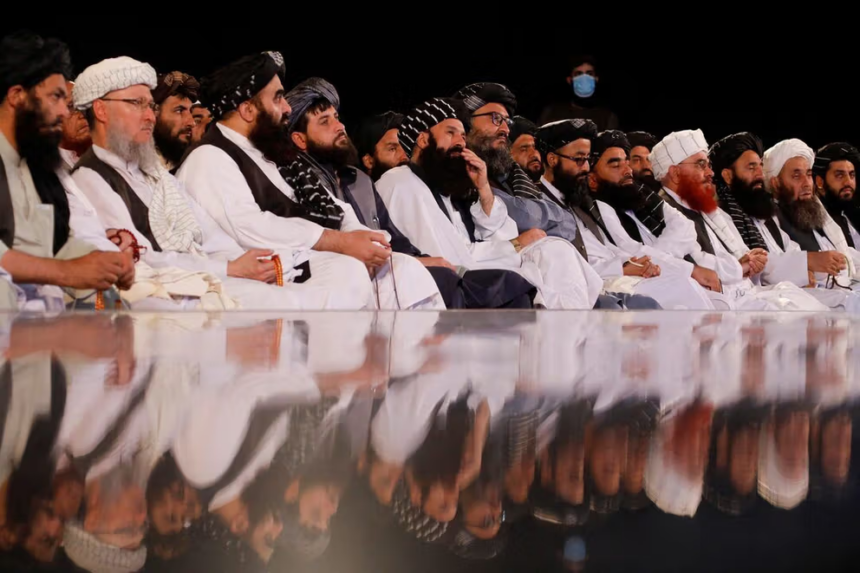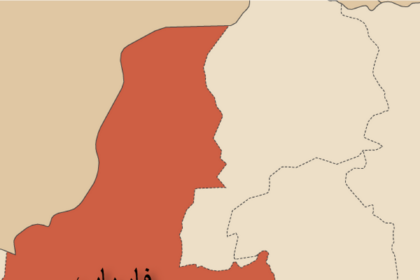RASC News Agency: The Pakistani daily Dawn, in a scathing editorial titled “The Taliban Project 2.0 Has Failed,” concludes that the group’s second attempt to rule Afghanistan has collapsed in every dimension. Far from evolving into a pragmatic governing force, the Taliban remain a rigid relic of the 1990s, unable and unwilling to rise above their legacy of repression and ideological absolutism. Dawn stresses that expectations of a more moderate Taliban nurtured by some international policymakers and analysts were rooted in illusion. The group, once again, has proven itself incapable of adaptation, clinging to the same authoritarian mindset that plunged Afghanistan into darkness during their first reign.
Although certain Taliban leaders appear dimly aware that genuine engagement with the global community requires structural reforms, Dawn observes that there is little confidence in Mullah Hibatullah Akhundzada, the group’s reclusive leader. Not only does he lack the political sophistication to understand the necessity of reform, but he also demonstrates no will to pursue it. At the outset, the Taliban offered sweeping assurances: a general amnesty, the formation of an inclusive government, respect for women’s rights, freedom for the press, and security guarantees for neighboring states. Yet, as Dawn underscores, these promises disintegrated with astonishing speed. Within months, Afghanistan was thrust back into diplomatic isolation, domestic turmoil, and deepening authoritarianism, revealing that the Taliban’s so-called commitments were little more than tactical deceptions.
The paper argues that the Taliban regime has now crystallized into a closed, exclusionary apparatus that thrives on silencing women, crushing the independent press, and granting impunity to extremist outfits. In practice, this has meant erasing women from public life, gagging critical voices, and creating an enabling environment for militant networks policies that have suffocated Afghanistani society and destabilized the broader region. Dawn also draws attention to the waning confidence of neighboring states. Countries that once sought to cautiously accommodate the Taliban most notably China, Pakistan, and India have retreated into skepticism and hesitation. Even the Shanghai Cooperation Organisation (SCO) has deliberately withheld recognition, pointedly excluding the Taliban from its recent summits. Such decisions reflect not only frustration at the group’s refusal to honor security assurances but also the failure of promised economic cooperation, which has repeatedly devolved into obstruction, corruption, and mistrust.
In its conclusion, the editorial delivers a grim prognosis: unless the Taliban undertake fundamental reforms which appears increasingly improbable Afghanistan faces a future of entrenched isolation, renewed cycles of civil conflict, and the reactivation of transnational terrorist alliances. Rather than leading Afghanistan toward stability, the Taliban have engineered its return to medieval governance, leaving the country trapped between international abandonment and internal decay. Ultimately, Dawn frames the Taliban’s second tenure as an unambiguous strategic disaster. What was touted as a movement reborn has instead revealed itself as a failed regime recycling its old authoritarian playbook, betraying both the Afghanistani people and the wider region. The Taliban’s project, the paper concludes, has collapsed not by external conspiracy but by the weight of its own incompetence, insularity, and ideological rigidity.






